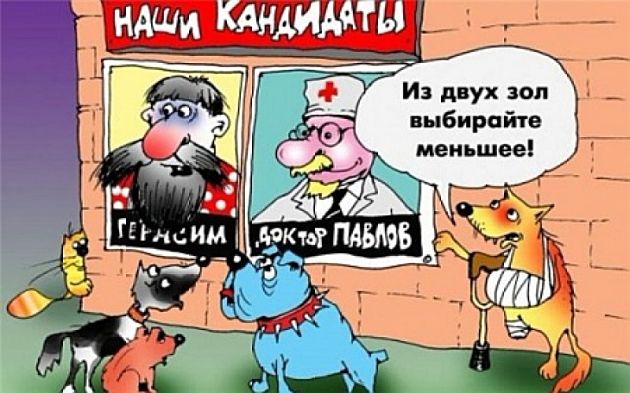The “Unified Election Day” scheduled for September 8 this year is the correct and honest name for the corresponding event. Voting will take place throughout the Russian Federation (in quotation marks, because it hasn’t been a federation for a long time), but there will be no real elections.
The arrest of the leaders of the Ingush civil movement, the arrest of the candidate for the post of the head of the Republic of Bashkortostan, Airat Dilmukhametov, who will probably remain behind bars for 10 years even after the “vote”, the exclusion of independent candidates from the elections in Moscow, followed by the dispersal of protests and draconian sentences for participants – these are just the latest examples that there can be no talk of elections under this regime.
But in principle this has been clear for a long time, as there is no real multi-party system or freedom of association in the country, no equal access to state television for different social forces, and no independent courts – without which elections are impossible.
With all this in place, it would have been an opportunity for Muslims to express their political subjectivity, especially at the local and regional levels. People like Airat Dilmukhametov or Rafis Kashapov would not be in prison or in exile, but could represent their interests in the parliaments of the eight republics with titular Muslim populations, or even as their leaders, as well as in dozens of municipal assemblies.
Under the conditions of a free society and free elections, a party representing the interests of millions of Muslims would have emerged in Russian politics and become a factor to be reckoned with. But since nothing like that exists, some suggest that voters who consider themselves part of the Muslim community should come out and vote for candidates selected by the current authorities, while others, supposedly to spite them, suggest “intelligent voting” for pseudo-opposition in the form of Kremlin-fed parties of outright chauvinists and Islamophobes.
What can be suggested in this regard? The most reasonable thing would be, in principle, to ignore this farce and thereby deny it legitimacy, which, incidentally, would correspond to a strict Islamic approach. Such behavior would be the only alternative for Muslim voters where the opinion leaders (ahl al-hall wa al-aqd) of the respective peoples have called on their fellow citizens to do so, as is the case in Ingushetia. Where forces representing the interests of Muslim peoples have managed to nominate their candidates, such as the “Bashkort” movement in Bashkortostan, it is possible to vote for them.
However, it should be noted that even this movement has recognized the right of its supporters to boycott this farce, the outcome of which is already obvious. Muslims living in non-Muslim regions should not vote for obvious Islamophobes or representatives of Islamophobic parties, no matter how “smart” they may appear in this election. If support is to be given, it should only be given to candidates who are known to have a friendly or at least non-hostile attitude towards our religion and community, and conversely, a clearly negative attitude towards its enemies and the policies they pursue.
All in all, it is obvious that regimes like Putin’s are not ended by elections, although sometimes their unfavorable outcome for the authorities can contribute to it. In this case, however, it is most important for Muslims to preserve their agenda so that they are not used as extras and then left behind when the political configuration changes again.

